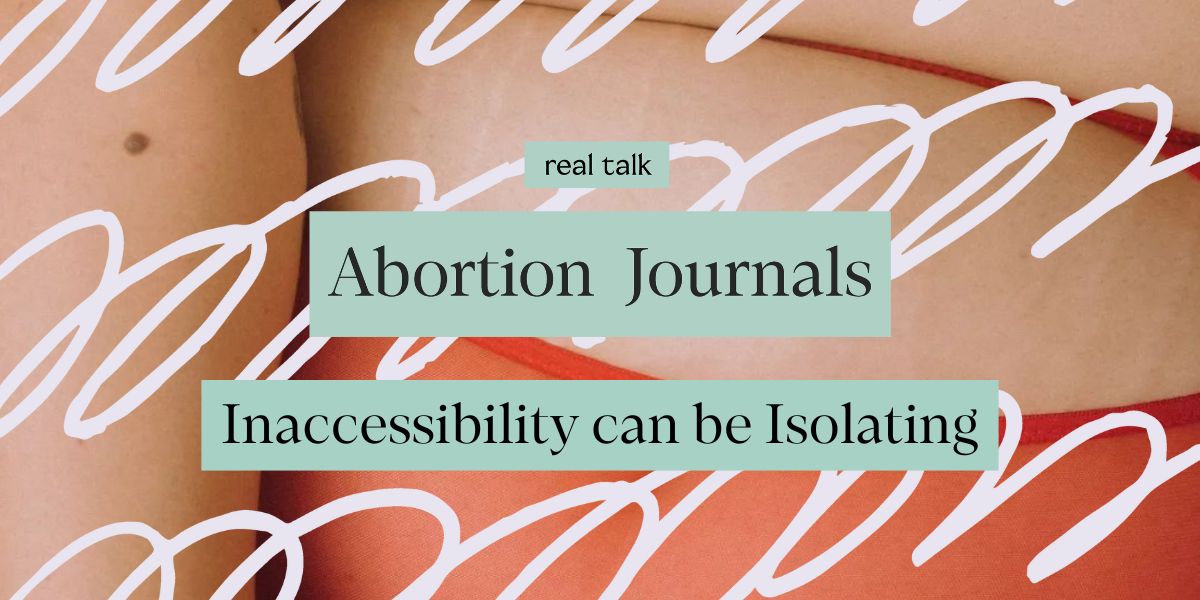Should I get the HPV vaccine?

Human papillomavirus (HPV) is the most common sexually transmitted infection. Often associated with various types of warts and certain kinds of cancers, HPV is usually harmless and can have no symptoms at all. However, the HPV vaccine is something that all young people (regardless of sex or gender) should be knowledgeable about.
Let’s dig into what the HPV vaccine protects against, who’s eligible for the vaccine, vaccine safety and efficacy, and where you can get the vaccine.
What is the HPV vaccine?
The purpose of the HPV vaccine is to prevent getting HPV and any subsequent complications, particularly cancer. The vaccine protects against the forms of HPV that commonly cause various types of cancer, including cervical, penile, vulvar, vaginal, oropharyngeal, and anal cancer.
The FDA has licensed 3 HPV vaccines for use in the United States: Gardasil, Gardasil 9, and Cervarix. Since 2016, Gardasil-9 is currently the only version of the vaccine that’s available in the US and it helps prevent cervical, vaginal, and vulvar cancer (among other cancer types).
Will the HPV vaccine treat HPV if I already have it?
Unfortunately, getting the HPV vaccine won’t treat HPV if you already have it. There is no treatment for HPV, but there are treatments for the diseases it can cause. The vaccine might help prevent you from getting another type of HPV, so it may still be worthwhile to get the vaccine even in these cases.
We recommend discussing the vaccine with your primary care provider to understand your options, including the benefits and risks of the vaccine.
When can I get the HPV vaccine? Is there an age limit?
The HPV vaccine is recommended for everyone ages 9 to 26 years old, regardless of sex or gender. The CDC recommends getting the vaccine at 11-12 years old.
If you’re older than 26, your primary care provider may not suggest the vaccine because prior exposure to HPV may make the vaccine less effective. The vaccine may still protect you against strains you haven’t contacted, so it may still be worth getting even if you’re out of the recommended age group of ages 9-26 as the vaccine is still approved for use until age 45.
According to the CDC, the recommended vaccine schedule is as follows:
- If you get the first dose of the vaccine before you turn 15 years, you’ll only need 2 doses spaced 6-12 months apart.
- If you get the first dose of the vaccine prior to turning 15 but get the first two doses less than 5 months apart, you’ll need to get 3 doses.
- If you are above the age of 15 after you turn 15 years, you’ll need 3 doses of the vaccine.
How effective is the HPV vaccine?
The HPV vaccine is highly effective in preventing 90% of cancers attributed to HPV. Plus, the protection you’ll have by getting the HPV vaccine is long-lasting.
According to the CDC, HPV infections have dropped by over 80% since 2006. Also, cases of genital warts in teens and young adults have decreased as a result of the vaccine, and there are fewer cases of pre-cancers of the cervix with the HPV vaccine.
Getting the HPV vaccine is just one measure when it comes to preventing cancer. To help protect yourself from HPV, you can:
- Get screened regularly (STI testing and annual pap smear tests of your cervix)
- Practice safe sex by using condoms or another barrier method (and avoiding genital skin-to-skin contact during intercourse)
- Limit the number of your sexual partners and make sure all of your partners get regular STI testing
- Maintain a healthy lifestyle by paying attention to factors like diet and activity levels, and other aspects that can improve your general well-being and immune system
What are the side effects of the HPV vaccine? Is it safe?
Most symptoms people experience after receiving the vaccine are mild. They include:
- Redness, pain, or swelling at the vaccine site
- Fatigue or headache
- Nausea, dizziness, or syncopy (temporary loss of consciousness)
- Muscle or joint pain
- Fever
According to the Vaccine Adverse Event Reporting System (VAERS), 97% of reports submitted were categorized as non-serious side effects. Like with many other vaccines, not everyone will experience side effects.
If you’re feeling under the weather, it’s a good idea to postpone getting the vaccine until you’re well. It’s not recommended to get the vaccine if:
- You’re severely allergic to any of the ingredients in the vaccine
- You’re allergic to yeast or latex
- You’re pregnant
Seek medical attention if your face or throat swells, you’re having trouble breathing, or you get hives after the vaccine. You might be having a severe allergic reaction. It’s always recommended to discuss potential side effects with your medical care provider before getting any vaccine so that you can be informed.
Where can I get the HPV vaccine?
The HPV vaccine is widely available at community health clinics, school health centers, and many doctor’s offices. If your primary care provider doesn’t offer the HPV vaccine, you can ask for a referral to receive the vaccine elsewhere.
Regardless of your decision to get the HPV vaccine, medical professionals recommend that you continue to get regular checkups and annual pap smears of your cervix to catch any potential problems early. Early detection is beneficial for managing any condition.
—
We’ve got your back
Your vaginal and sexual health doesn’t have to be a mystery. That’s why we’ve created easy-to-use tests and treatments for yeast infections, UTIs, and more — so you can always be in the know about what’s going on with your body.
Questions? We’re here for you, every step of the way. Reach out at hello@getstix.com to get started.
Keep Reading

What is HPV? How often should I get tested?
May 28

What does an abnormal pap smear mean?
Nov 12

What causes cervical cancer in women?
Aug 23










